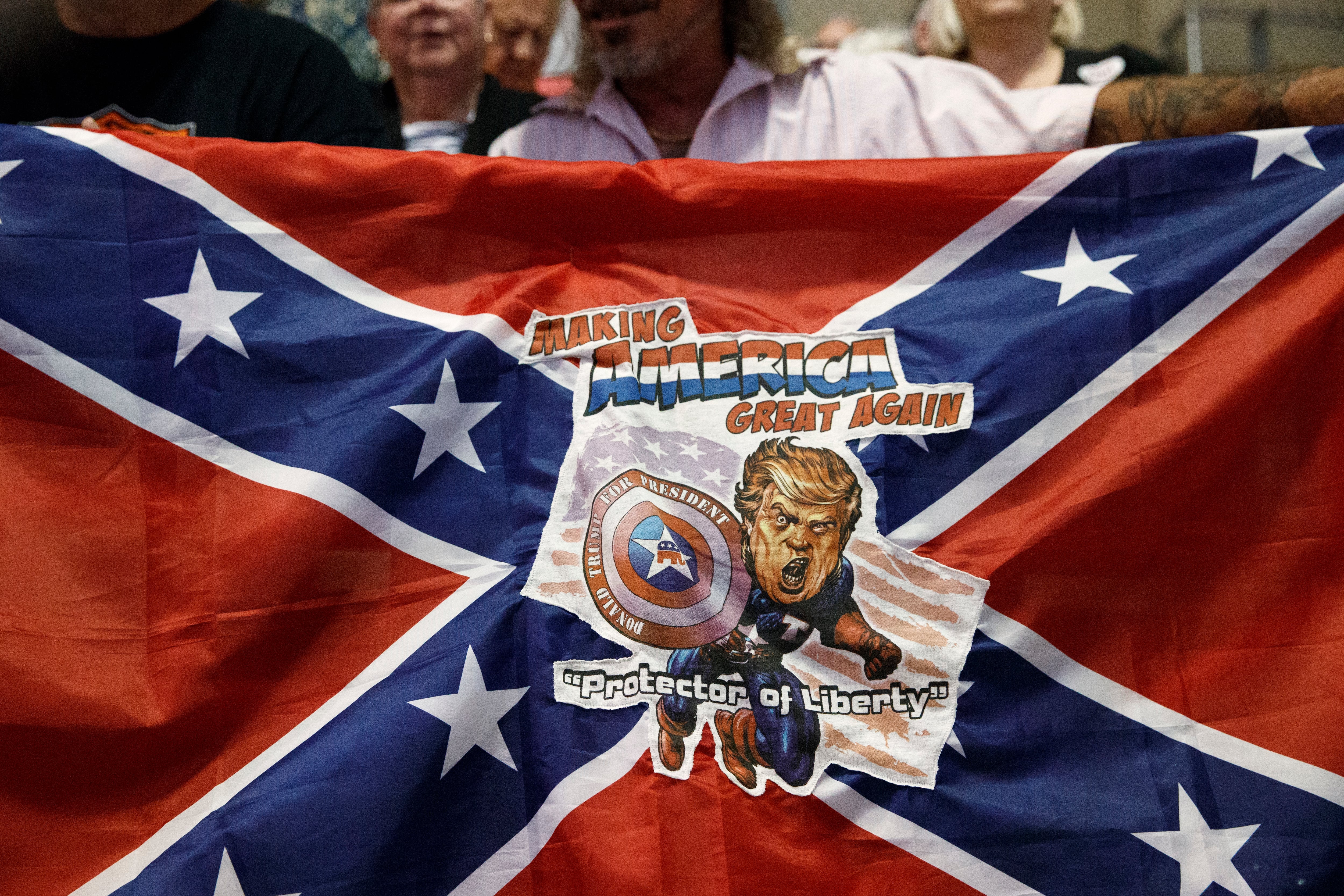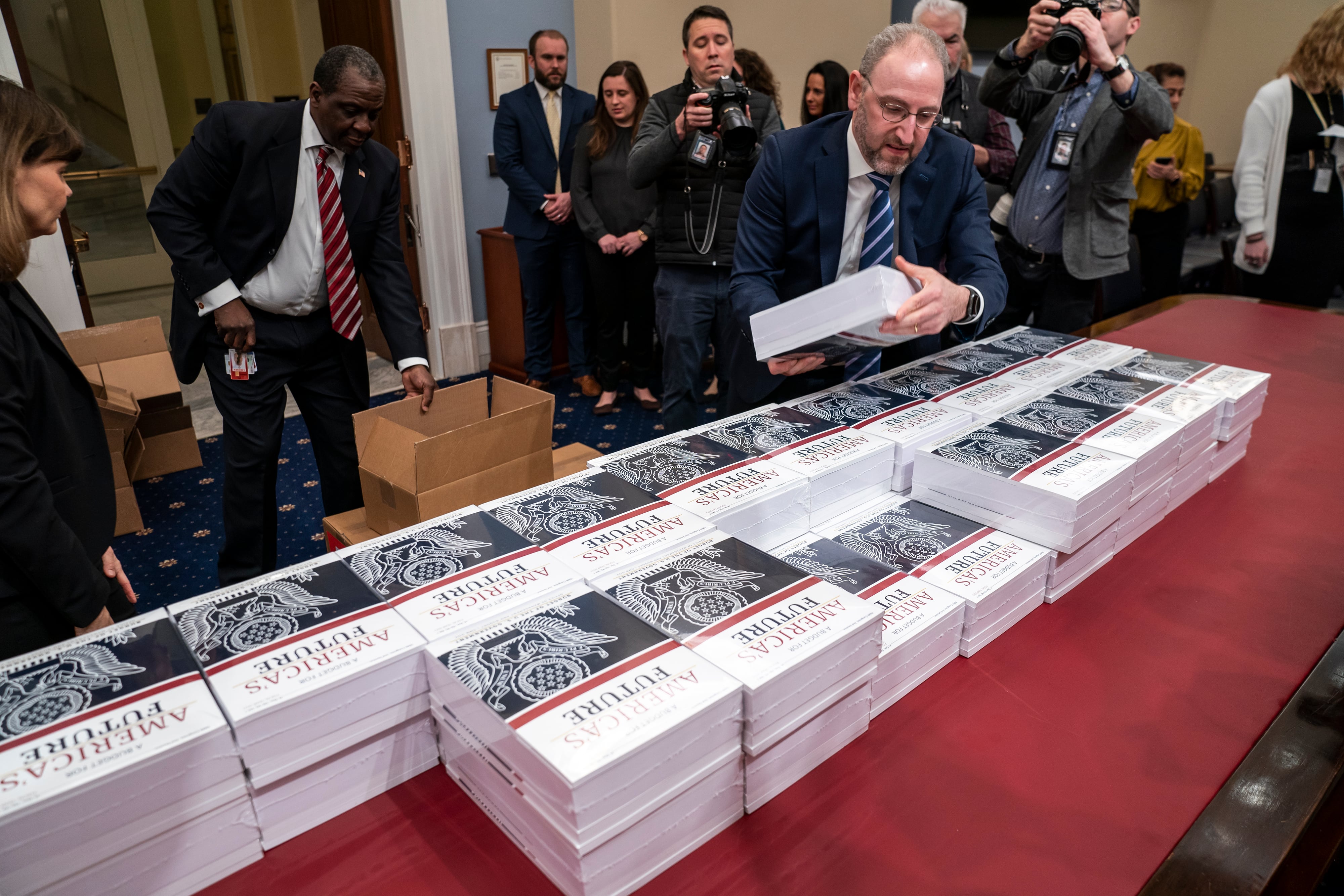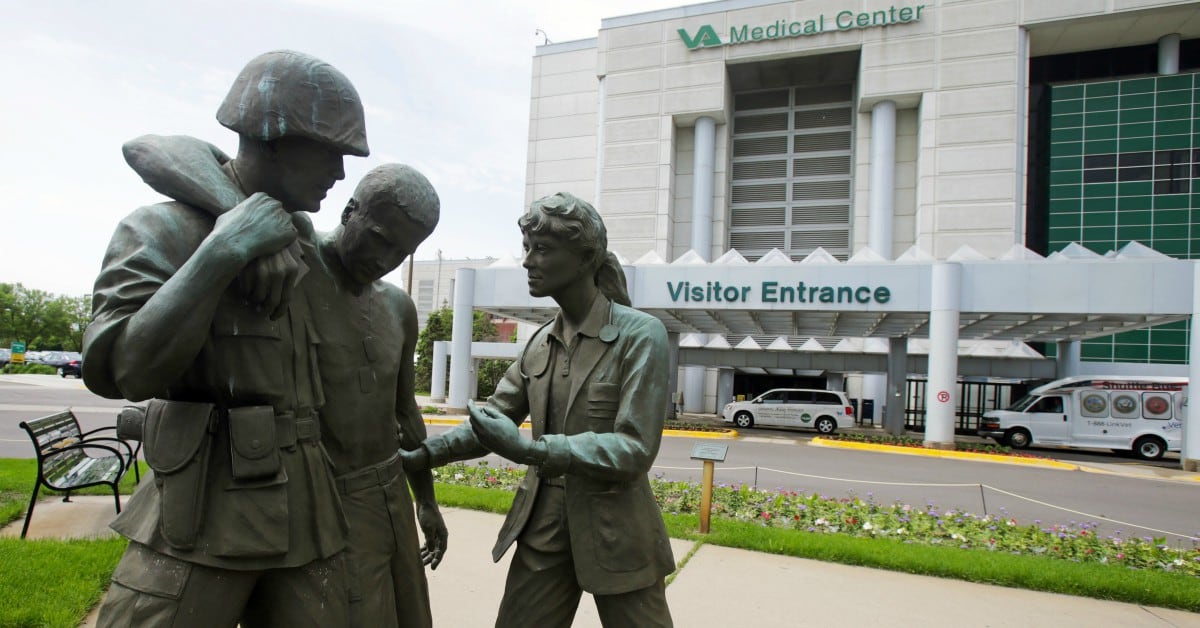House lawmakers advanced the largest budget in Veterans Affairs history on Friday, but the spending package faces an uncertain future in the Senate and even tougher odds if it reaches the White House.
That’s because the $241 billion VA funding measure — which also includes about $10 billion more in appropriations for military construction projects — includes language blocking President Donald Trump from transferring certain funds to his controversial military wall project, and money to begin renaming military bases currently honoring confederate leaders.
Both of those topics have prompted presidential veto threats in the past, and are likely to bog down negotiations to move the appropriations bills ahead in coming weeks.
RELATED

Ahead of Friday’s 224-189 largely partisan vote on the spending package, House Majority Leader Steny Hoyer, D-Md., urged his Republican colleagues to find a way to work through the differences and avoid the possibility of a partial government shutdown at the start of the new fiscal year, Oct. 1.
“The bill ensures we provide resources to support our veterans, so critical and across the board, thought to be a moral responsibility,” he said. “Sadly, it will in all likelihood join the more than 275 other House bills languishing in the Republican-controlled Senate.”
The $241 billion in funds for VA roughly matches what White House officials requested in their budget request in February and includes about $105 billion in discretionary spending in fiscal 2021, an increase of about 13 percent from current levels.
While other federal agencies have drastic cuts or limited growth in recent years, the Department of Veterans Affairs has enjoyed substantial yearly increases.
VA was the only cabinet department to have a double-digit percentage spending increase under the president’s fiscal 2021 plan, and would become the second largest federal agency by discretionary spending under that budget outline, behind only the Department of Defense (which boasts nearly six times the VA proposed level of program funding and three times the total level of VA spending.)
In fiscal 2001, the VA budget totaled $45 billion. Ten years ago, it was about $125 billion, a little more than half of the House-passed plan for fiscal 2021.
RELATED

“Amid a global pandemic, we also made unprecedented VA medical system investments to ensure that every veteran has access to the top-notch health care that they deserve, including historic spending for women veterans, mental health, suicide prevention, research, and homeless prevention,” said Rep. Debbie Wasserman Schultz, D-Fla., head of the veterans panel for the House Appropriations Committee.
“This bill ensures our veterans and military families are protected, respected, supported and get the highest quality healthcare they deserve.”
To avoid conflicts with federal budget caps, the discretionary funding increases — which cover a host of medical, transition and ongoing support programs — are designated under the plan as emergency funding.
Of the $105 billion in discretionary funding, about $90 billion is set aside for VA medical care. That includes $10.3 billion in funding for mental health care, an increase of more than 9 percent from fiscal 2020, and $661 million for women’s health programs, an increase of 11 percent from the current year.
Lawmakers also included $1.9 billion for homelessness assistance programs targeting veterans, about $40 million above what the president requested.
The military construction portion of the bill includes nearly $1.5 billion for family housing projects, an increase of about 9 percent from the president’s budget request, and $596 million for Guard and Reserve installation projects, about 5 percent above the president’s request.
The measure also includes about $200 million for perfluorooctane sulfanate and perfluorooctanoic acid cleanup work at various military sites.
Leo covers Congress, Veterans Affairs and the White House for Military Times. He has covered Washington, D.C. since 2004, focusing on military personnel and veterans policies. His work has earned numerous honors, including a 2009 Polk award, a 2010 National Headliner Award, the IAVA Leadership in Journalism award and the VFW News Media award.





